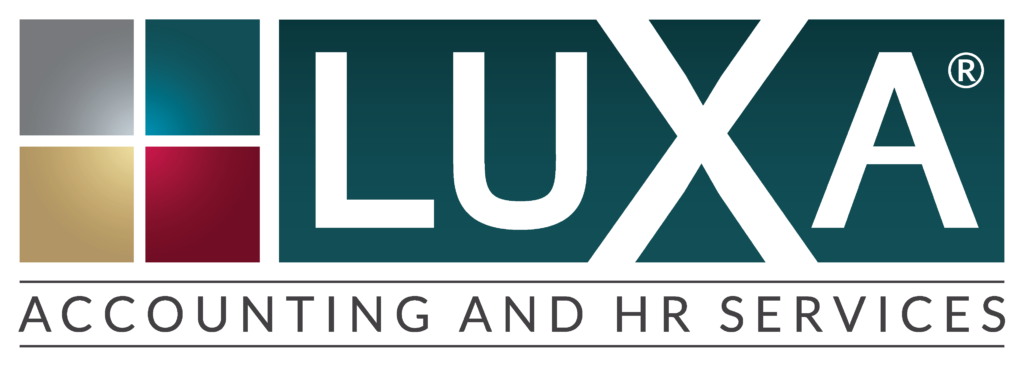Bookkeeping tips to identiy how often to record transactions
Entrepreneurs are often focused on day-to-day operations and would rather avoid getting caught up in the monotony of recording detailed sales, purchases or other business related transactions. In addition, the frequency of recording transactions or quantity may seem to be burdensome at times. In fact some business owners may choose to postpone recording transactions to a later date that is more convenient to their schedules.
By not maintaining up to date accurate books, a business may run into the following:
- One common barrier is poor cash flow. This can often be linked to not timely recording sales transactions, which will hinder the accounts receivable aging process.
- Other barriers may include having to pay late fees to vendors as a result of failing to timely enter accounts payable transactions and ultimately missing due dates.
These barriers raise the question “how often should I record transactions”?
The answer varies dependent on the situation.
A good rule of thumb is record the transaction when it occurs and the details are fresh in your memory.
It may not always be feasible to record a transaction as it occurs due to various reasons. If this is the case, updating your bookkeeping tasks with a good calendaring system will be important to assist in remembering to make the transaction entry at later date.
Moreover, maintaining transaction detail can be accomplished by keeping excellent source documents and is necessary for the integrity of every transaction. A common method for ensuring that source documents are readily available is to scan them to an electronic folder. That way the source documents can always be referenced when a question arises regarding a transaction.
Will this help me with month end procedures?
The importance of entering timely transactions is visibly apparent when trying to reconcile the books at month end. Recording transactions timely should be done for all accounts, but it is especially critical for bank accounts, which affect the ability of a business to meet their obligations. The time required to research missing or inaccurate bank transactions is avoidable and will allow business owners to focus their energy on running the business instead of trying to remember the details behind a transaction.
Practicing these suggestions for recording transactions can be vital bookkeeping advice for small businesses that are either growing or modifying their accounting structure. As always, consult with a local accounting provider for a more knowledgeable assessment of your small business bookkeeping structures. To get more helpful bookkeeping advice visit our blog where we discuss this and more on Tulsa bookkeeping.



